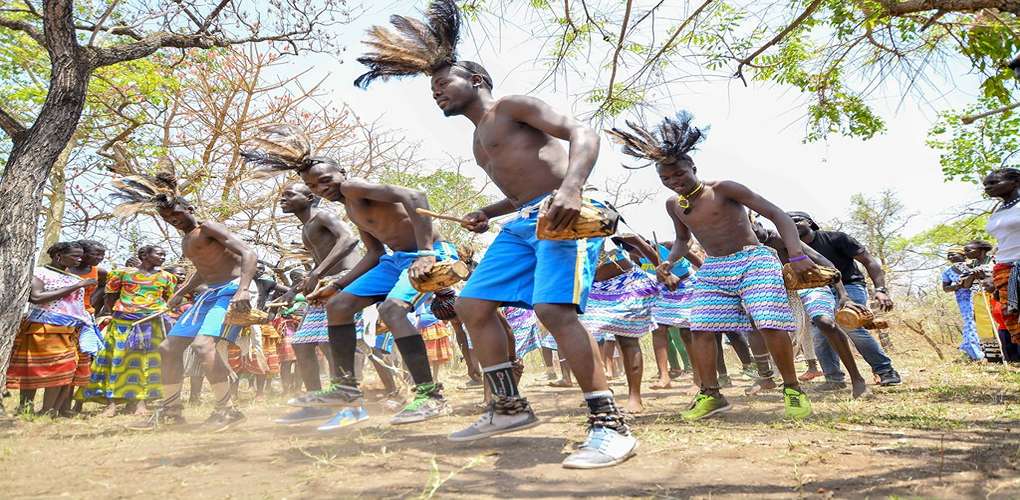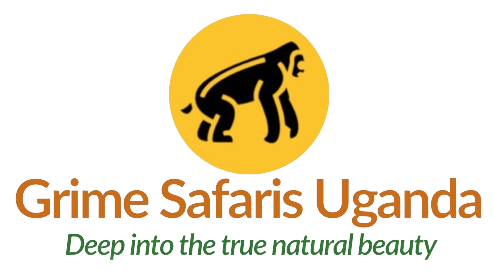ACHOLI CULTURAL TOURS IN NORTHERN UGANDA
BACKGROUND
Acholi Cultural Tour Experiences
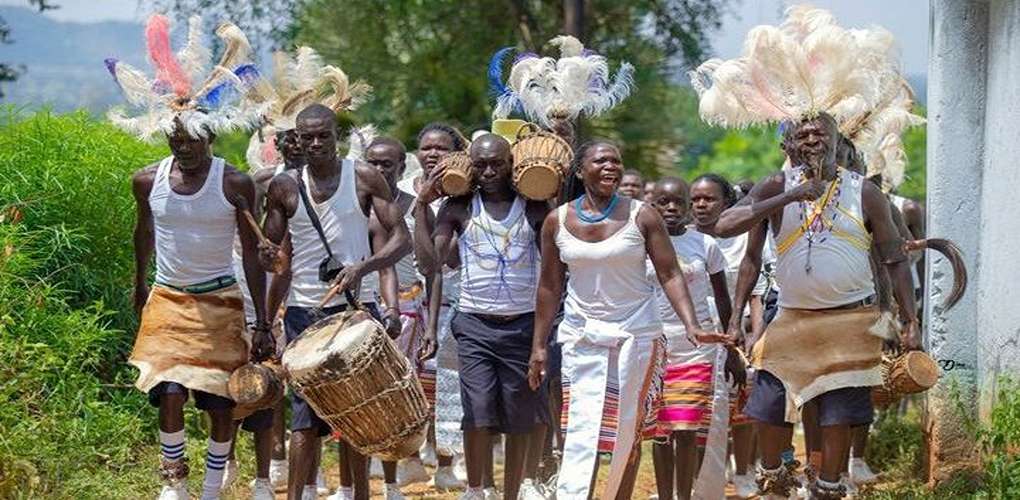
Acholi Traditional Dances
Dances in Acholi are mainly for leisure, entertainment and sometime/rarely performed on times of sadness
It was always a connecting moment.
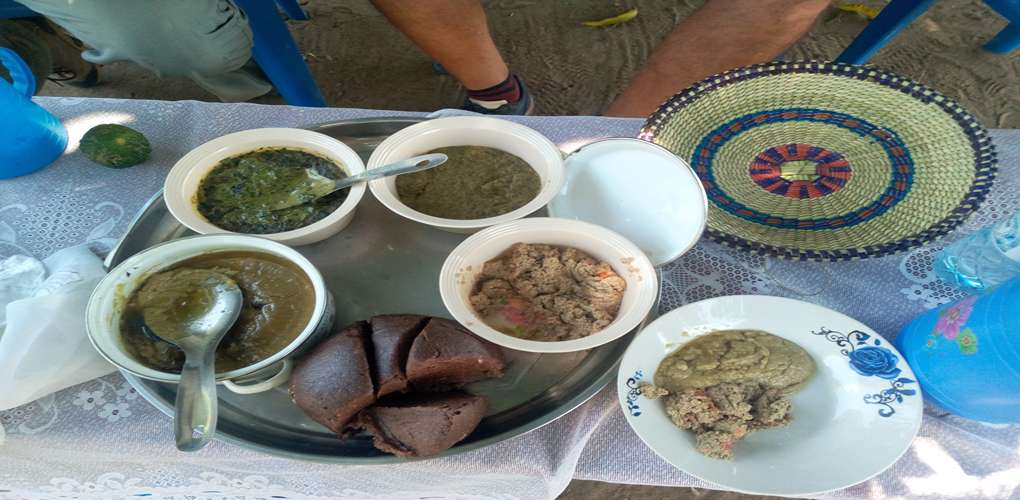
Acholi Culinary Experience
Rich in foods upto 56+, on Acholi Cultural Tours, we can't fail to let you know how at least 3-4 cuisines are prepared & also get a chance to taste.
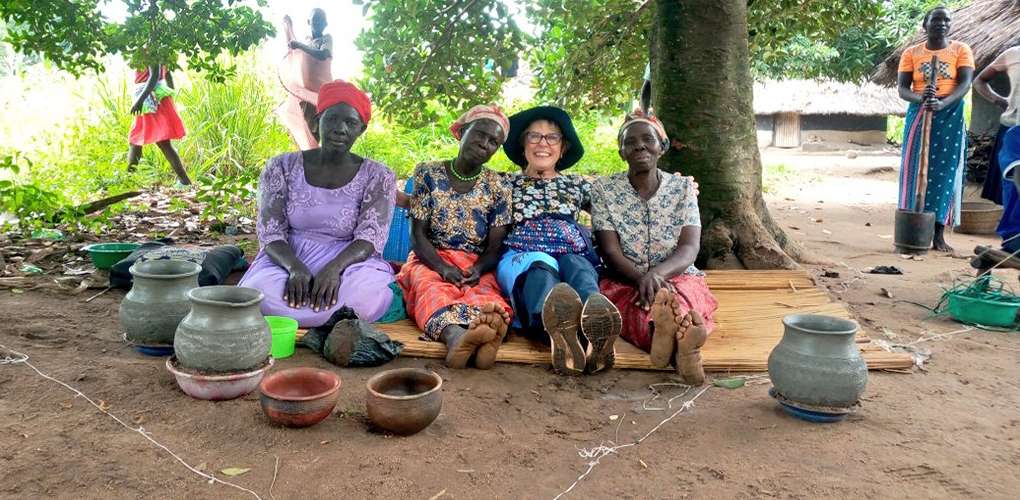
Acholi Pottery Experience
Clay molding is a common art in major cultures across the globe, & of course Acholi didn't miss this God-given talent. Learn how to make pots, jars, bowls e.t.c. on this tour.
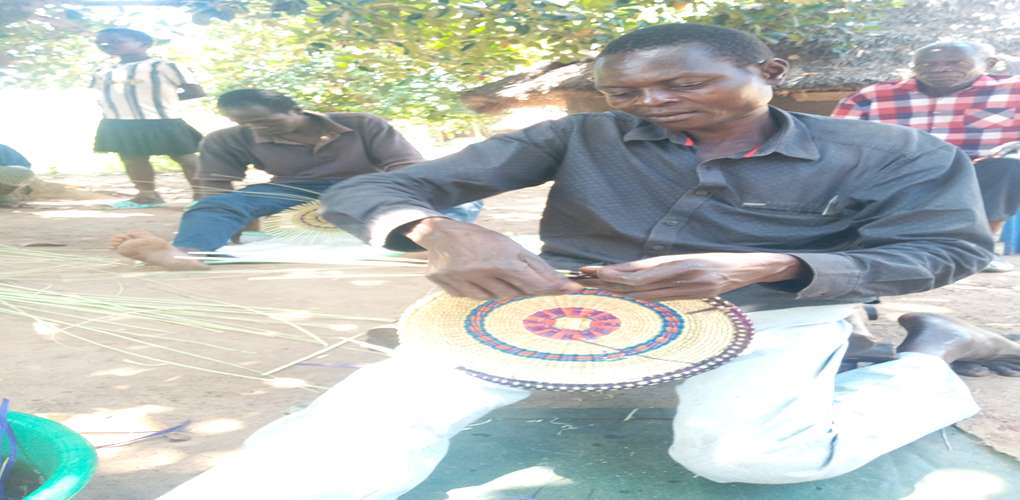
Acholi Basketry Experience
Most weaving done on communities we visited, there are testimonies that Borasus palm dominates as a major raw material for making baskets in various forms.
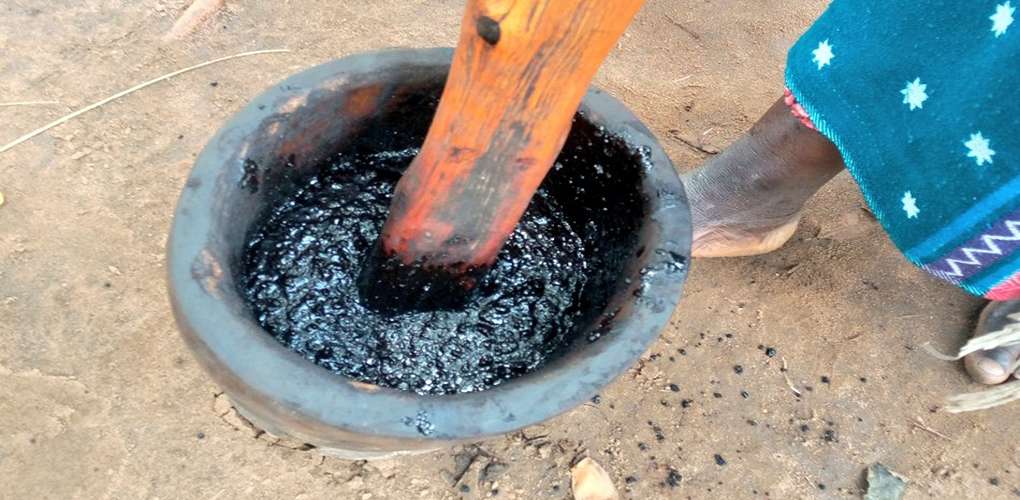
Moo Yaa Experience
Shearnut oil also known as Mo yaa in Luo/Acholi Dialect. On this experience you'll get a glimpse of how shear oil is handmade in Acholi Villages. Shearnut is both edible and also a cosmetic for the skin.
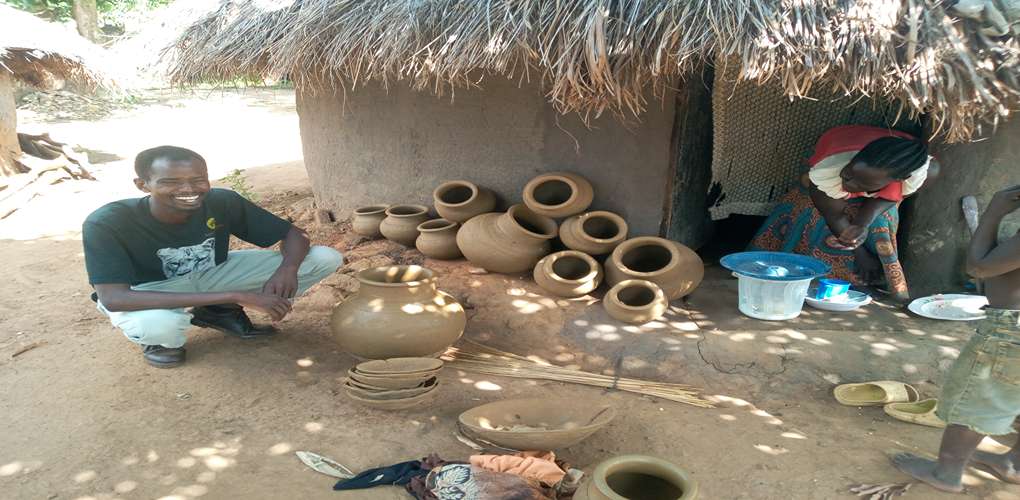
Local Brew Experience
Acholi local brew or alcohol drinks include; Kwete, Lachoyi, Wiri, Pany, Arege, Lujutu, Lira Lira, e.t.c. This experience will expose a visitors to the local distillers in Acholi villages and they'll will be given chance to taste.
WHY VISIT ACHOLI VILLAGES
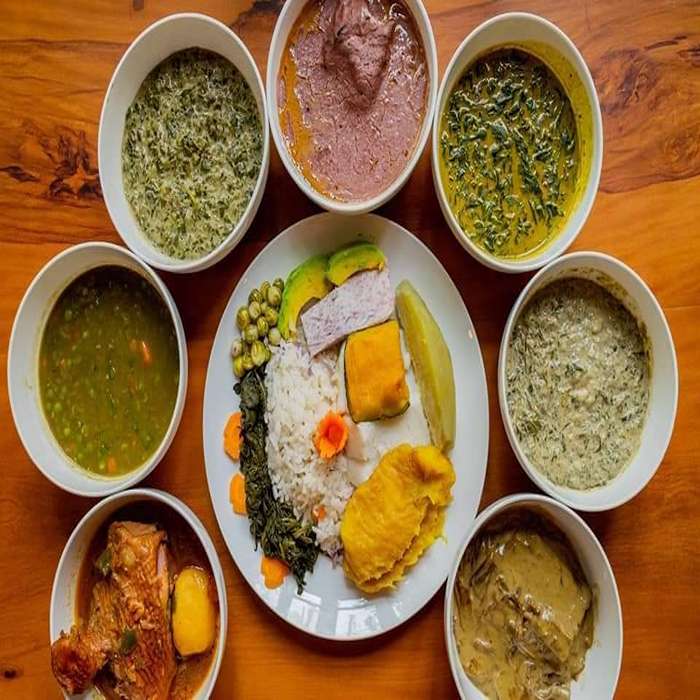
Learn about African Cuisines
Acholi people have a variety of foods some of them unique only to the luo groups. Preparation of these dishes are the most interesting things to do on Acholi Tours with us.
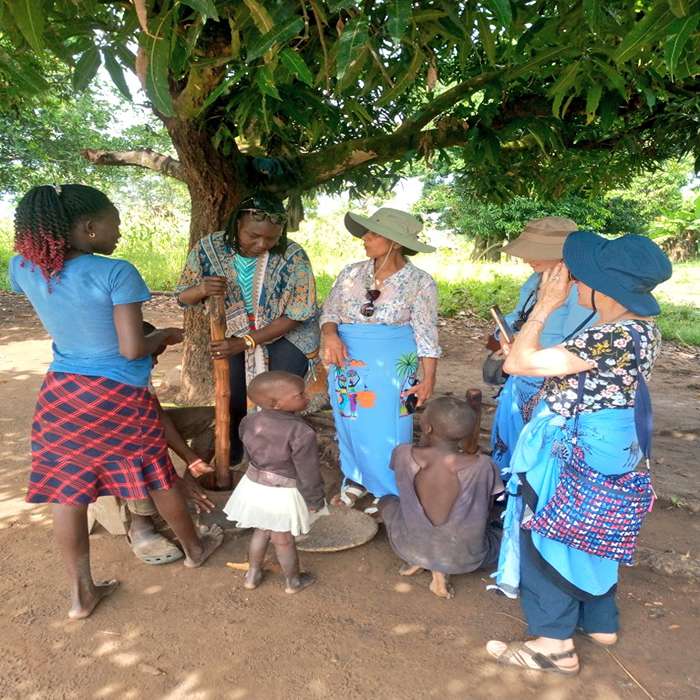
Understand the Language
Learn some few Acholi Languages, greetings, thank you words e.t.c
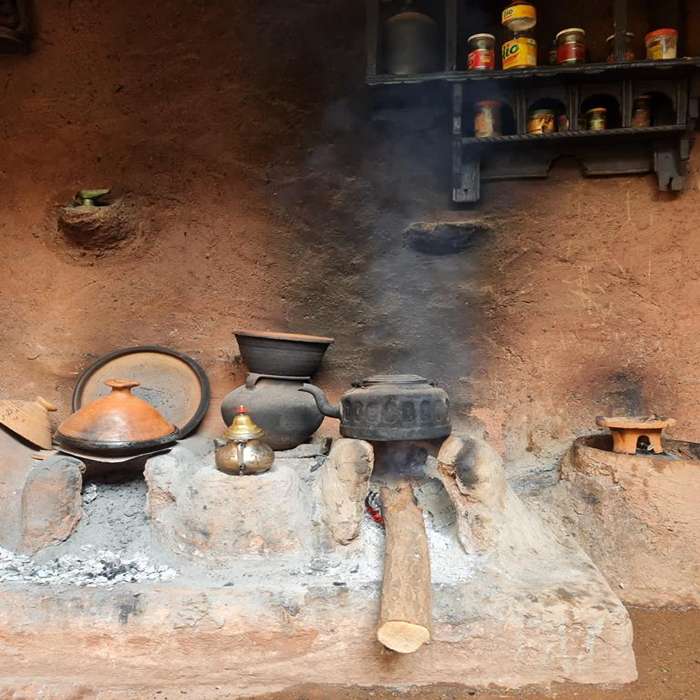
Learn African Values
There are series of events that the Acholi people use as a way to pass trainings to the younger generation.
Highlights on Acholi Tours
EXPECTATIONS ON ACHOLI TOURS
Authentic True African Experience
ACTIVITIES TO PARTICIPATE IN DURING ACHOLI TOURS
Activities done include elements of Food, Dances, Snacks, Basketry, Pottery, e.t.c
COMPLETE ACHOLI CULTURAL TOURS
INTRODUCTION
ACHOLI DANCES
ACHOLI CRAFTMANSHIP
ACHOLI FOODS/ CULINARY EXPERIENCE
MOO YAA EXPERIENCE / SHEARNUT EXTRACTION EXPERIENCE
ACHOLI VILLAGE WALKS
ACHOLI SNACKS EXPERIENCE
INTRODUCTION
Acholi People are the luo speaking group part of Nilotic Ethnic Group. They’re the grand children of Labongo.
The Luo people were was living in their cradle land in the current South Sudan in the area called Bar-el-Gazel. Due to factors like, Drought, Famine, Pests, Diseases, Lack of Pasters for their Livestock, the luo were forced to look for better Fertile lands, Good weather, water e.t.c. They travelled while following the great River Nile that’s why they’re called the Nilotics. Some luo and other Nilotes travelled and settled in parts of Northern and Eastern Uganda, Kenya, Tanzania and other parts of Western Africa.
Acholi derived from the legend of the Gipir and Labongo (Luo brothers that lived together with their families) Conflict came between the two brother of the legend of the Spear and the Bead. One of the brother borrowed the other brother’s spear to go hunting but on return he came without the spear because the wild animal fled away with the spear, so the later wanted his pear but it was nowhere to be seen. Due to more pressure, he went to look for the spear for days all in vain, on return, the kid of the brother had swallowed one of his beads, due to the bitterness and conflict going on, he too requested for his bead until his brother killed his own child just to remove one bead from the intestines.
This conflicts between the two brother grew into another level that they couldn’t live together, so they reconciled for peace but also came to a conclusion to part ways and live in different sites of River Nile, so the people of Gipir remained at Pavungu called Alur people in the present day and the people of Labongo crossed the Nile to the Eastern Site of the Nile called present day Acholi people.
Acholi People’s Economic Activities;
Subsistence Farming
Livestock Farming
Business for buying few basic needs
Staple Foods
Millet, Sorghum, Peas, Beans, Vegetables, Yams, e.t.c
ACHOLI DANCES
Acholi people of Northern Uganda share similar dances to some Nilots but they differ in most of them. Acholi people have up to 26 Traditional Dances but mainly a few performed in major events and also on safaris with Grime Safaris Uganda.
Our Acholi Cultural Tours gets tourists to learn the true meaning of these Acholi traditional Dances, when they’re performed, why, instruments used and elements used to make them. Tourists will be glued the entire time these dances will be performed.
Acholi Dances were and still being performed in events of War, Coronation of new kings, Celebrations, Naming Ceremonies, Wars, Courtship, Leisure, Funerals, Church functions, Launching of Campaigns e.t.c
Acholi Dances include and not limited to the following;
Bwola, Larakaraka, Otole, Ajere, Myel Agulu, Lachukuchuku, Labala, Aguma, Nanga, Aguma, Adungu, Dingi Dingi, Lakubukubu, e.t.c
On our Acholi Cultural Tours, we normally arrange for these Acholi Dances performances for tourists only a few samples out of the many dances because, they’re too long to be performed all at a go and each can take longer time more than a day or two.
These samples are normally 3-4 dances with an addition to other Acholi Cultural Tour experiences e.g Bwola Dance, Otole Dance, Larakaraka Dance, Ajere Dance and Dingi Dingi Dance
Bwola – Royal Dance
Performed in royal events like crowing of new Acholi Chiefs, welcoming Acholi Chiefs in events. Present day Bwola Dances are also performed in major events, celebrations, marriage events, church functions e.t.c
Otole – War Dance
Performed initially by the Acholi People during war and after war to courage amongst Acholi warriors in event of preparation for war and celebration after wining a war against their enemies/rivals
Today this dance is still being performed in events, celebrations e.t.c
Larakaraka – Courtship Dance
Larakaraka/Orak is one of the Acholi Courtship dances performed during leisure time by the Acholis back in the day, present day we still have some communities that do perform it in the evening time (Leisure time) although mostly commercialised groups for profit interest.
Larakaraka was a moment to spot a perfect marriage partner amongst the youth (Young adults), every male dancer was to show the best talents/skills in dancing to impress a female dancer to choose him for marriage.
Larakaraka dance musical instruments include; Huge Calabash container, Bicycle Spok fixed together to make sound out of hitting the calabash skilfully. Initially it used to be material got from part of the Borassus Palm leaf but due to sustainability interm of durability and coming up of bicycles, this gave the Acholi dancers a bitter stronger option plus better sound as well.
Ajere – Courtship Dance
Just like Larakaraka, Ajere Dance is also another Courtship dance that gave bachelors/young adults to get their potential marriage partners. The uniqueness of this Dance is that, it’s performed using a small ax (Currently properly shaped wood that looks like an ax) held by male dancers. It is so amazing to watch this beautiful dance, on the tour you’ll be free to join the dancers to learn a few skills in Ajere Dance.
Dingi Dingi – Young girls under adolescence dance
Young girls still in the stage of growth and experiencing behavioural changes perform this amazing colourful dance. Dingi Dingi is danced in many formed depending on the group tourists will land on basing on luck on an Acholi Cultural Tour arranged by Grime Safaris.
Myel Lyel – Funeral Dances
Myel Lyel is a dance performed only in Funerial of a deceased member of the Acholi Community to pay last respects and celebrate the life of the late. This Dance is majorly common with the more remote Acholi communities than to those living in the urban settings
ACHOLI CRAFTMANSHIP
For over the years right from stone age period, mankind has always been creative and continued to be more innovative in doing certain things like; art and crafts, creating new machines to simplify work, creating new technologies to reduce workload, but to skip that from your mind, we really love all those ideas and invenations.
During Acholi Cultural Tours, we decided to break that chain and not let go of the ancient ways humans used to do their things with more focus on the Acholi People.
The hands-on skills in Clay molding to create pots, bowls, cups,platter, plates, Jars, Kettles e.t.c. We have some passionate artisans specializing clay molding, Basketry where different containers are made by hand from Palm materials (Borassus Palm) e.g. Adira, Odero, Aduku e.t.c
On this craftmanship experience with Grime Safaris, you’ll go through an informal lecture on how these baskets in different forms, patterns and formats are made, where the materials are got, how they’re preserved, the mathematics involved in measurements during manufacture with the help of bare hands and no machine at all.
Pottery
Not to be misguided on our Acholi Cultural Tour for better description to make tourists/tour guides/stakeholder understand our tour element fatser we choose to name this experience Pottery. The correct one is Clay Molding Experience because there are series of items made from clay apart from pots which include; Jars, Kettles, Bowls, Cups, Platters, Potraits, Scultures e.t.c
On this amazing experience we showcase to you the process of how clay is extracted from its mining site (swamps, riverside, stream site e.t.c), how clay is preserved, dried, broken to smaller pieces, made into mud again to make the finest clay products that are during and do not make cracks after completion.
We majorly have women doing this activity out of passion, inheritance from parents, being near neighbours that do this same thing and for commercial gain.
Basketry
Blacksmith
Wood Curving
ACHOLI FOODS/ CULINARY EXPERIENCE
Malkwang & Preparation Process
Boo & Preparation Process
Otwo & Preparation Process
Otigo Diro & Preparation Process
MOO YAA EXPERIENCE / SHEARNUT EXTRACTION EXPERIENCE
ACHOLI VILLAGE WALKS
Grinding materials
Acholi Games
Acholi Story Telling
Acholi Tools for hunting
Acholi Home Construction
Acholi Livestock methods
Acholi Food Preservation Methods
Acholi Medicines and First Aid
Acholi Native Doctors
ACHOLI SNACKS EXPERIENCE
Avuu
Kaliri
Ladang-Oloya
Lajai
Gwana ki Odii
Lalwiya Kic
Moko ma-Kibako
COMPLETE ACHOLI CULTURAL TOURS
INTRODUCTION
ACHOLI DANCES
ACHOLI CRAFTMANSHIP
ACHOLI FOODS/ CULINARY EXPERIENCE
MOO YAA EXPERIENCE / SHEARNUT EXTRACTION EXPERIENCE
ACHOLI VILLAGE WALKS
ACHOLI SNACKS EXPERIENCE
INTRODUCTION
Acholi People are the luo speaking group part of Nilotic Ethnic Group. They’re the grand children of Labongo.
The Luo people were was living in their cradle land in the current South Sudan in the area called Bar-el-Gazel. Due to factors like, Drought, Famine, Pests, Diseases, Lack of Pasters for their Livestock, the luo were forced to look for better Fertile lands, Good weather, water e.t.c. They travelled while following the great River Nile that’s why they’re called the Nilotics. Some luo and other Nilotes travelled and settled in parts of Northern and Eastern Uganda, Kenya, Tanzania and other parts of Western Africa.
Acholi derived from the legend of the Gipir and Labongo (Luo brothers that lived together with their families) Conflict came between the two brother of the legend of the Spear and the Bead. One of the brother borrowed the other brother’s spear to go hunting but on return he came without the spear because the wild animal fled away with the spear, so the later wanted his pear but it was nowhere to be seen. Due to more pressure, he went to look for the spear for days all in vain, on return, the kid of the brother had swallowed one of his beads, due to the bitterness and conflict going on, he too requested for his bead until his brother killed his own child just to remove one bead from the intestines.
This conflicts between the two brother grew into another level that they couldn’t live together, so they reconciled for peace but also came to a conclusion to part ways and live in different sites of River Nile, so the people of Gipir remained at Pavungu called Alur people in the present day and the people of Labongo crossed the Nile to the Eastern Site of the Nile called present day Acholi people.
Acholi People’s Economic Activities;
Subsistence Farming
Livestock Farming
Business for buying few basic needs
Staple Foods
Millet, Sorghum, Peas, Beans, Vegetables, Yams, e.t.c
ACHOLI DANCES
Acholi people of Northern Uganda share similar dances to some Nilots but they differ in most of them. Acholi people have up to 26 Traditional Dances but mainly a few performed in major events and also on safaris with Grime Safaris Uganda.
Our Acholi Cultural Tours gets tourists to learn the true meaning of these Acholi traditional Dances, when they’re performed, why, instruments used and elements used to make them. Tourists will be glued the entire time these dances will be performed.
Acholi Dances were and still being performed in events of War, Coronation of new kings, Celebrations, Naming Ceremonies, Wars, Courtship, Leisure, Funerals, Church functions, Launching of Campaigns e.t.c
Acholi Dances include and not limited to the following;
Bwola, Larakaraka, Otole, Ajere, Myel Agulu, Lachukuchuku, Labala, Aguma, Nanga, Aguma, Adungu, Dingi Dingi, Lakubukubu, e.t.c
On our Acholi Cultural Tours, we normally arrange for these Acholi Dances performances for tourists only a few samples out of the many dances because, they’re too long to be performed all at a go and each can take longer time more than a day or two.
These samples are normally 3-4 dances with an addition to other Acholi Cultural Tour experiences e.g Bwola Dance, Otole Dance, Larakaraka Dance, Ajere Dance and Dingi Dingi Dance
Bwola – Royal Dance
Performed in royal events like crowing of new Acholi Chiefs, welcoming Acholi Chiefs in events. Present day Bwola Dances are also performed in major events, celebrations, marriage events, church functions e.t.c
Otole – War Dance
Performed initially by the Acholi People during war and after war to courage amongst Acholi warriors in event of preparation for war and celebration after wining a war against their enemies/rivals
Today this dance is still being performed in events, celebrations e.t.c
Larakaraka – Courtship Dance
Larakaraka/Orak is one of the Acholi Courtship dances performed during leisure time by the Acholis back in the day, present day we still have some communities that do perform it in the evening time (Leisure time) although mostly commercialised groups for profit interest.
Larakaraka was a moment to spot a perfect marriage partner amongst the youth (Young adults), every male dancer was to show the best talents/skills in dancing to impress a female dancer to choose him for marriage.
Larakaraka dance musical instruments include; Huge Calabash container, Bicycle Spok fixed together to make sound out of hitting the calabash skilfully. Initially it used to be material got from part of the Borassus Palm leaf but due to sustainability interm of durability and coming up of bicycles, this gave the Acholi dancers a bitter stronger option plus better sound as well.
Ajere – Courtship Dance
Just like Larakaraka, Ajere Dance is also another Courtship dance that gave bachelors/young adults to get their potential marriage partners. The uniqueness of this Dance is that, it’s performed using a small ax (Currently properly shaped wood that looks like an ax) held by male dancers. It is so amazing to watch this beautiful dance, on the tour you’ll be free to join the dancers to learn a few skills in Ajere Dance.
Dingi Dingi – Young girls under adolescence dance
Young girls still in the stage of growth and experiencing behavioural changes perform this amazing colourful dance. Dingi Dingi is danced in many formed depending on the group tourists will land on basing on luck on an Acholi Cultural Tour arranged by Grime Safaris.
Myel Lyel – Funeral Dances
Myel Lyel is a dance performed only in Funerial of a deceased member of the Acholi Community to pay last respects and celebrate the life of the late. This Dance is majorly common with the more remote Acholi communities than to those living in the urban settings
ACHOLI CRAFTMANSHIP
For over the years right from stone age period, mankind has always been creative and continued to be more innovative in doing certain things like; art and crafts, creating new machines to simplify work, creating new technologies to reduce workload, but to skip that from your mind, we really love all those ideas and invenations.
During Acholi Cultural Tours, we decided to break that chain and not let go of the ancient ways humans used to do their things with more focus on the Acholi People.
The hands-on skills in Clay molding to create pots, bowls, cups,platter, plates, Jars, Kettles e.t.c. We have some passionate artisans specializing clay molding, Basketry where different containers are made by hand from Palm materials (Borassus Palm) e.g. Adira, Odero, Aduku e.t.c
On this craftmanship experience with Grime Safaris, you’ll go through an informal lecture on how these baskets in different forms, patterns and formats are made, where the materials are got, how they’re preserved, the mathematics involved in measurements during manufacture with the help of bare hands and no machine at all.
Pottery
Not to be misguided on our Acholi Cultural Tour for better description to make tourists/tour guides/stakeholder understand our tour element fatser we choose to name this experience Pottery. The correct one is Clay Molding Experience because there are series of items made from clay apart from pots which include; Jars, Kettles, Bowls, Cups, Platters, Potraits, Scultures e.t.c
On this amazing experience we showcase to you the process of how clay is extracted from its mining site (swamps, riverside, stream site e.t.c), how clay is preserved, dried, broken to smaller pieces, made into mud again to make the finest clay products that are during and do not make cracks after completion.
We majorly have women doing this activity out of passion, inheritance from parents, being near neighbours that do this same thing and for commercial gain.
Basketry
Blacksmith
Wood Curving
ACHOLI FOODS/ CULINARY EXPERIENCE
Malkwang & Preparation Process
Boo & Preparation Process
Otwo & Preparation Process
Otigo Diro & Preparation Process
MOO YAA EXPERIENCE / SHEARNUT EXTRACTION EXPERIENCE
ACHOLI VILLAGE WALKS
Grinding materials
Acholi Games
Acholi Story Telling
Acholi Tools for hunting
Acholi Home Construction
Acholi Livestock methods
Acholi Food Preservation Methods
Acholi Medicines and First Aid
Acholi Native Doctors
ACHOLI SNACKS EXPERIENCE
Avuu
Kaliri
Ladang-Oloya
Lajai
Gwana ki Odii
Lalwiya Kic
Moko ma-Kibako
WHY YOU MUST VISIT ACHOLI TODAY
Village Walks, Fishing moments, Farm visits, e.t.c
